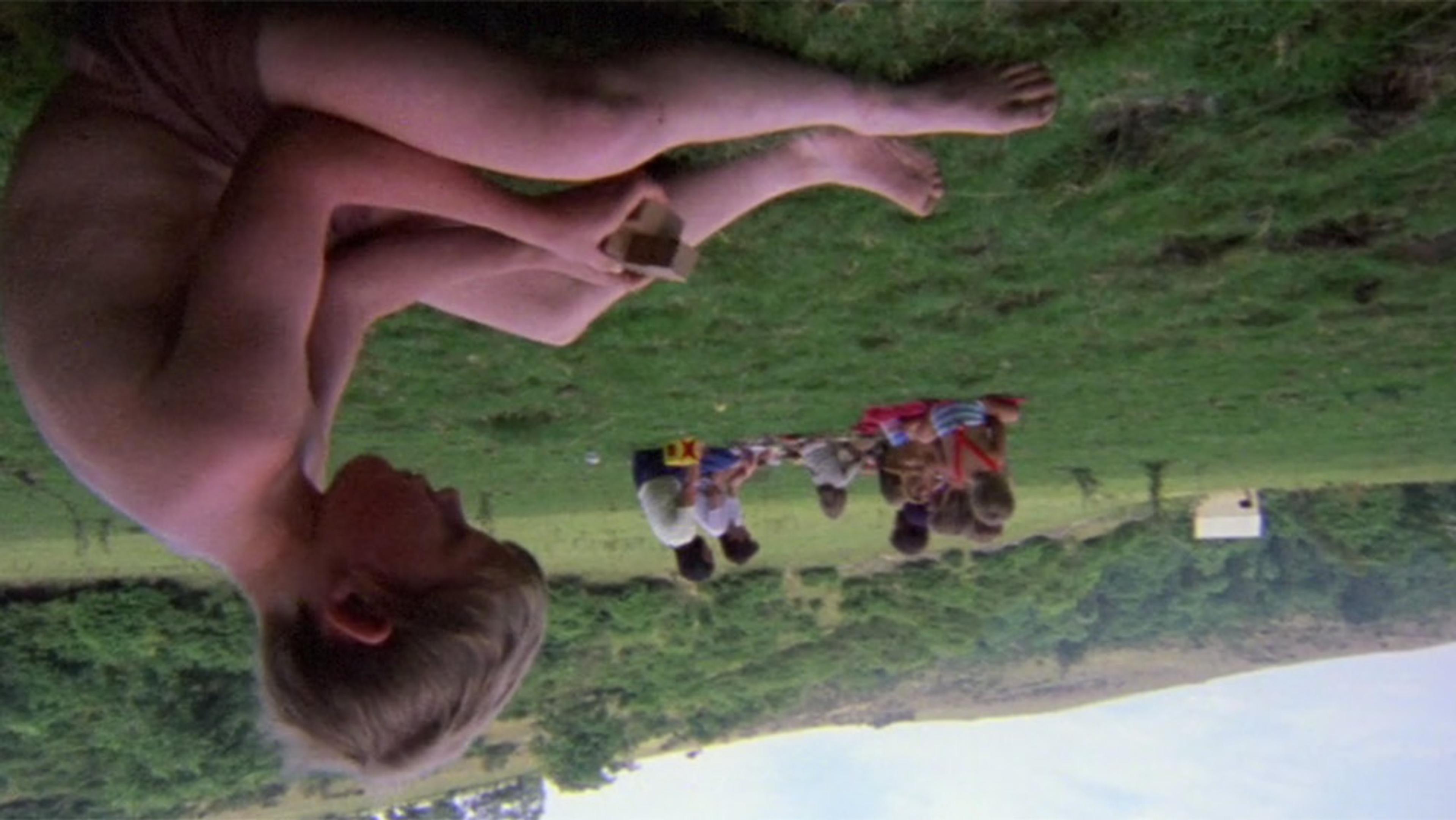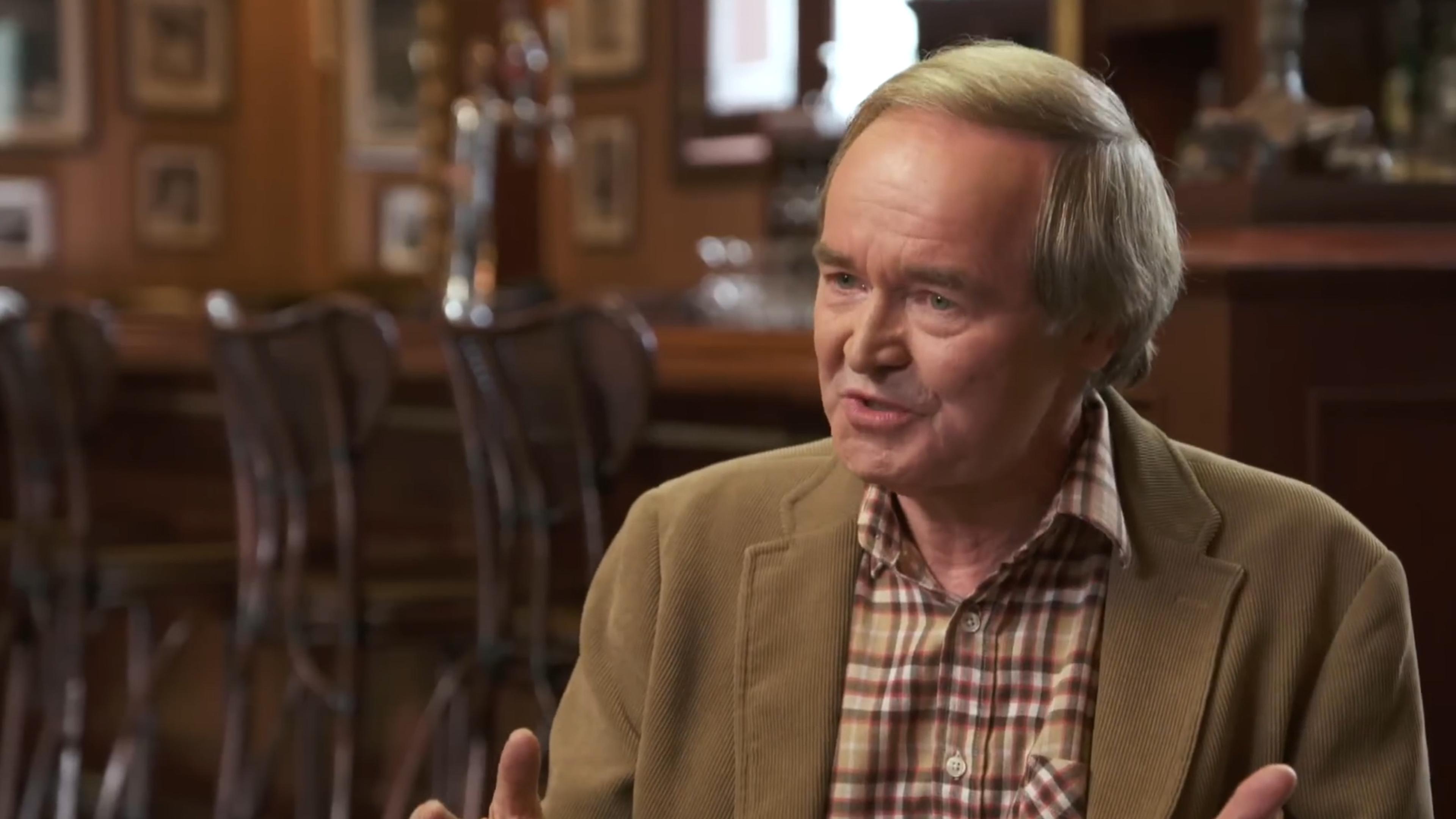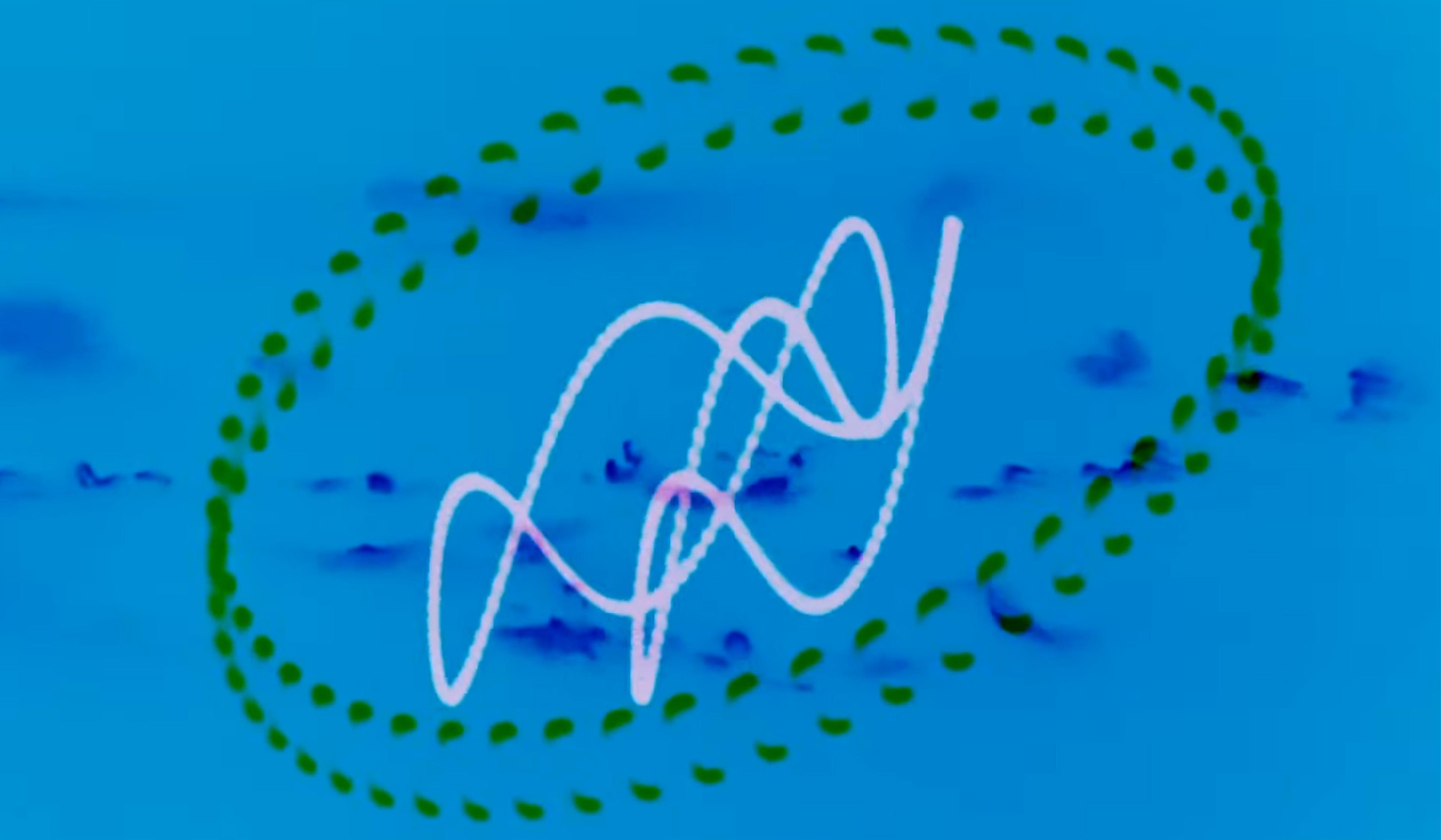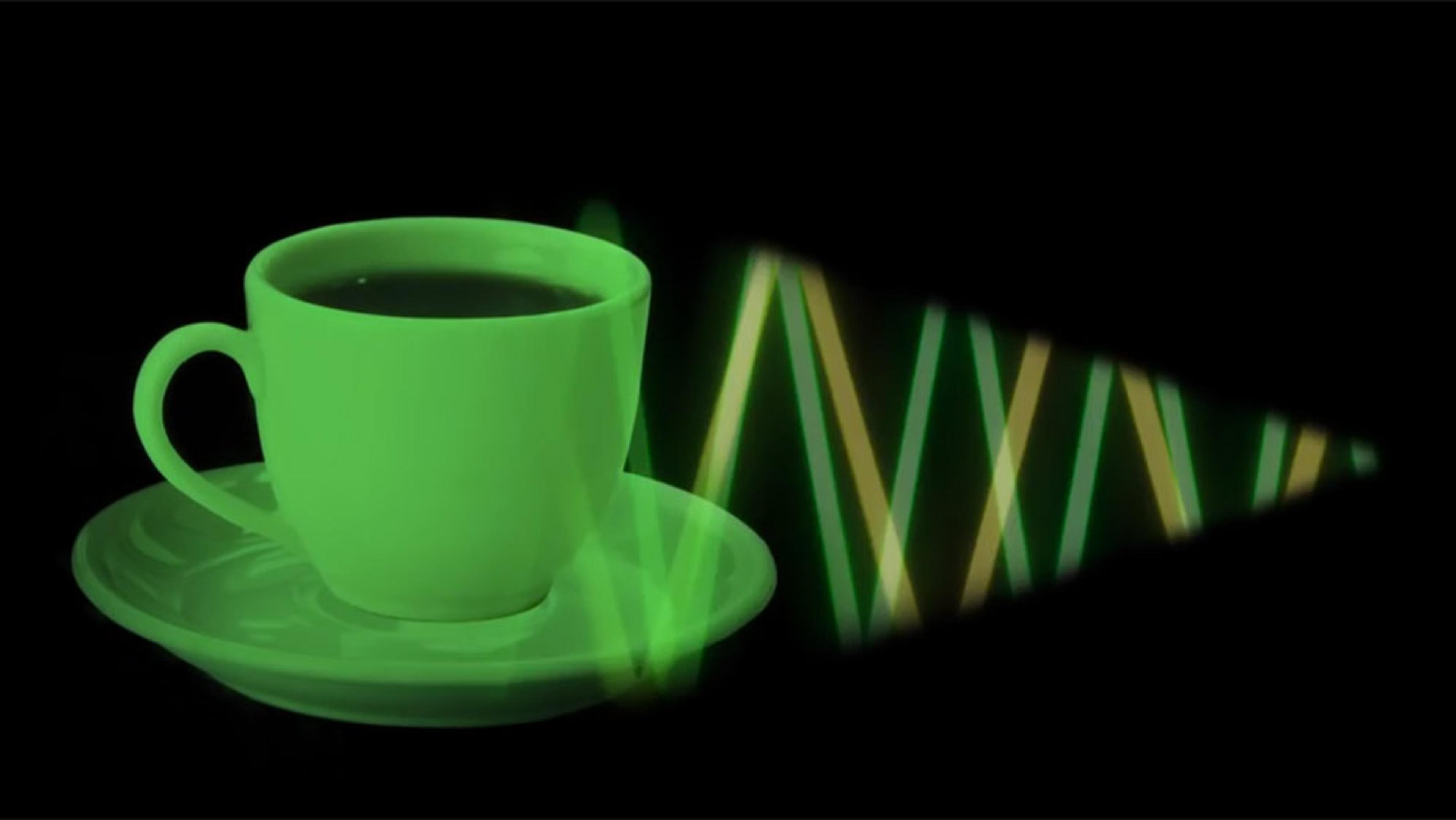Directed by the pioneering UK documentarian Richard Leacock, Frames of Reference is a slick and surreal dive into physics fundamentals and, in particular, why everything is indeed relative. Produced for high-school physics classes, the 1960 film features the physics professors Patterson Hume and Donald Ivey of the University of Toronto explaining, through an intertwined series of lectures and clever demonstrations, how frames of reference shape perspective. Using rotating sets, camera tricks and a visual style that suggests the film noir of Alfred Hitchcock, this is perhaps the most peculiarly entertaining half-hour physics lecture you’ll ever have.
This clever and stylish 1960 film is the most fun you’ll ever have at a physics lecture
Director: Richard Leacock

videoMathematics
A classic film finds order in randomness with the aid of some improbably elaborate sets
31 minutes

videoCosmology
Revisiting ‘Powers of Ten’ – what we’ve learned about the Universe since 1977
7 minutes

videoFilm and visual culture
Other worlds pop in and out of view when the perspective shifts by degrees
4 minutes

videoCosmology
Are observers fundamental to physics, or simply byproducts of it?
10 minutes

videoFilm and visual culture
A series of animated illusions illustrates how we project depth on to flat surfaces
8 minutes

videoQuantum theory
‘Moving paintings’ evoke a quantum particle collision at the Large Hadron Collider
4 minutes

videoHistory of ideas
Splitting the truth: the philosopher that physics forgot
4 minutes

videoCognition and intelligence
Optical illusions show how past experience dramatically influences perception
4 minutes

videoPhysics
From relativity to quantum theory – our physical world explored through coffee
9 minutes